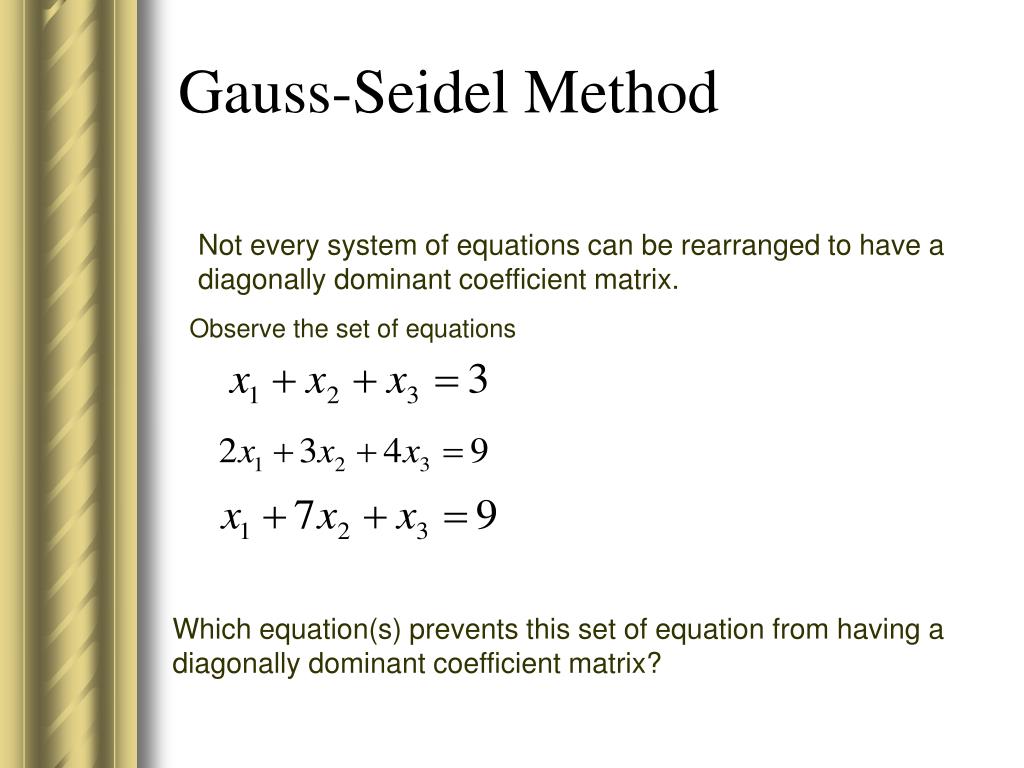
It compares the performance, versatility, and usability of four general-purpose probabilistic model checkers, one general-purpose statistical model checker, and four specialised tools (including two probabilistic planners). As the first event of its kind, its scope is intentionally limited to five stochastic formalisms based on Markov chains and to basic property types. In this paper, we present QComp 2019: the first, friendly competition among quantitative verification tools. Examples include ARCH-COMP for hybrid systems, the International Planning Competition for planners, the SAT Competition for satisfiability solvers, and SV-COMP for software verification. In several areas, tool competitions have successfully addressed these challenges: they improve the visibility of existing tools, motivate engineering effort, and push for standardised interfaces, languages, and benchmarks. At the same time, it is hard to motivate spending effort on engineering generic, user-friendly, well-documented tools. Applications include probabilistic programs, safety-critical and fault-tolerant systems, biological processes, queueing systems, privacy, and security.Īs a research field matures, developers of algorithms and tools face increasing challenges in comparing their work with the state of the art: the number of incompatible modelling languages grows, benchmarks and case studies become scattered and hard to obtain, and the tool prototypes used by others disappear. Over the past three decades, many modelling languages for mathematical formalisms such as Markov chains or timed automata have been specified for use by quantitative verification tools that automatically check or compute values such as expected accumulated rewards or PCTL formulae. response times, throughput, or power consumption), however, quantitative properties must be checked on quantitative models that incorporate probabilities, real-time aspects, or general continuous dynamics. safety, reliability, availability or survivability) and performance (e.g.


Classic verification is concerned with functional, qualitative properties of models of systems or software: Can this assertion ever be violated? Will the server always eventually answer a request? To evaluate aspects of dependability (e.g.


 0 kommentar(er)
0 kommentar(er)
